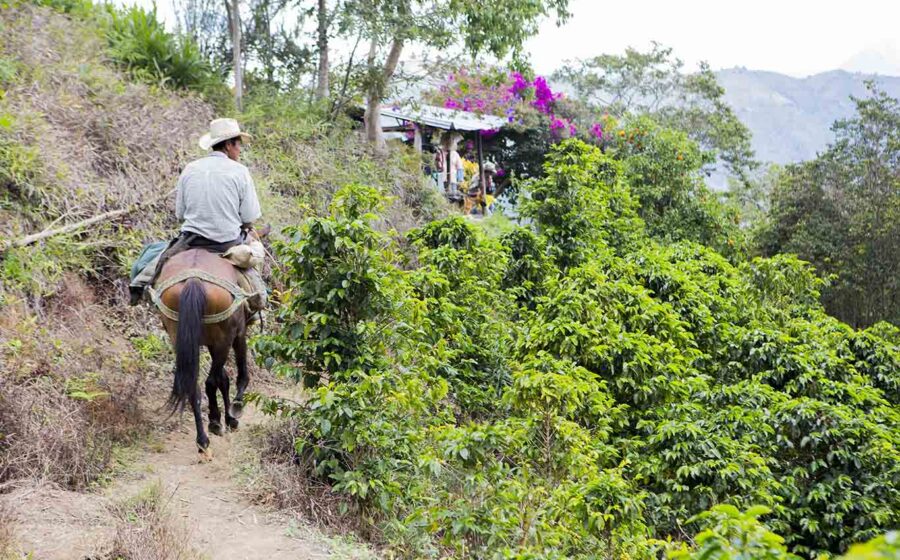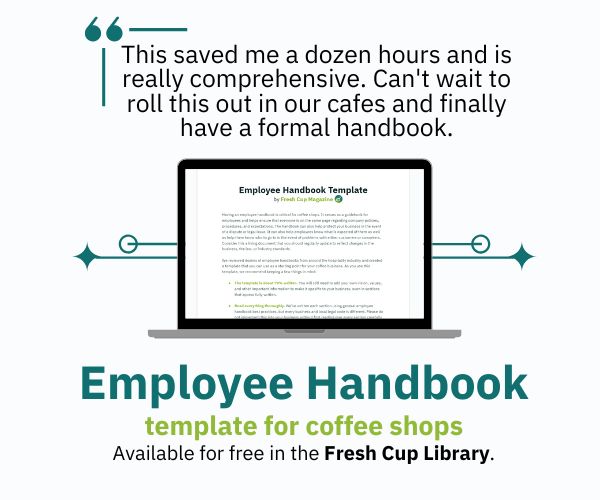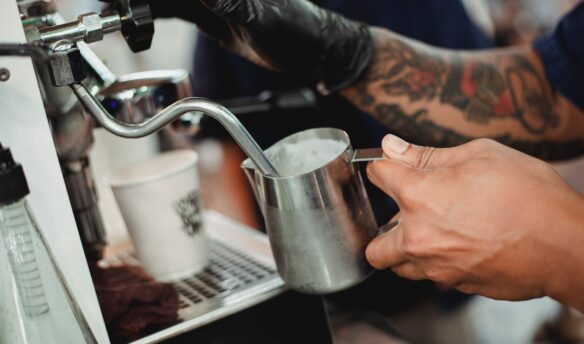[W]hen I attended my first SCAA exposition in 2014, I had been Fresh Cup’s editor for just a few months. I had been impressed and delighted to see that so much attention within the specialty industry went to farmers, and this was reinforced at the show. But as I had more and more conversations about connecting farmers to specialty coffee, a sinking feeling took hold. What about the pickers? Where was the discussion about laborers? The conversation about who benefits from specialty coffee seemed to have stopped before reaching those who needed it most.
I wasn’t the only person feeling that lack.
At this year’s show, the role and state of farmworkers came up again and again, and with urgency. An entire session of the Re:co symposium was devoted to coffee laborers. An Expo panel titled “Who Wants to Pick Coffee?” included fieldworker Mario Antonio Gonzalez, whose words and tears about the hardship faced by him and other workers was wrenching. That week, the SCAA released a white paper called A Blueprint for Farmworker Inclusion.
The paper is worth your attention, and this sentence sums it up well: “Farmworker engagement and empowerment represents the next frontier in the social impact of specialty coffee and an opportunity to invite tens of millions of farmworkers into the growing community of people whose lives have been positively affected by specialty coffee.”
I wholly agree with this, but I’d add a clarifying line: if we don’t do this, specialty coffee as we know it won’t exist. If we don’t find a way to make the laborious job of picking coffee by hand on mountain slopes worth it, these millions of people are going to find other jobs. Many already have. The cornucopia of coffees we love will be thinned.
I don’t think that’s grocked by many in our industry, and I think many other issues in origin countries are just as poorly understood. I know I have massive gaps in my knowledge. This is a problem, and it’s one I want Fresh Cup to address on a regular basis.
To do that, we’ve launched a new column called, simply, Origin. Every month, we’ll dive into an issue to help you better understand what is happening in the places where coffee is grown. Often, these aren’t feel-good topics, but that makes them critical. As often as we can, we’ll point you to other resources and organizations that are working on that month’s topic or who have a deep knowledge of it.
In the inaugural column, I look at what I currently believe is the prime factor driving farmers and pickers away from coffee: the ever-falling price of coffee.
I invite you to tell me what you think of these subjects. If there are issues at origin you’d like to see covered, please send me a note: cory@freshcup.com. I always want to hear from you.
—Cory Eldridge is Fresh Cup’s editor.















